Democratic Republic Of Congo
Former president of the Democratic Republic of Congo, Joseph Kabila, has rejected accusations from Uganda that he gave sanctuary to rebels from the Allied Democratic Forces.
Last week, Ugandan president Yoweri Museveni said that Kabila allowed the Islamist rebel group to expand and exploit mineral resources during the Congolese leader's time in office.
Kabila led the DRC from 2001 to 2019 when current president Félix Tshisekedi took over.
In response to the accusations, Kabila's spokesperson said in a statement his government recognised the ADF as a terrorist organisation and kept the international community, including the United Nations, informed "on the abuses perpetrated by the ADF and the need to intervene".
The spokesperson added that "These international organisations rejected this qualification of the Congolese government of the word 'terrorist'. It is past time that the facts have proven that Joseph Kabila was right and that it was necessary to intervene urgently."
The ADF was founded in 1996 and was originally a Ugandan rebel group, carrying out attacks in the Rwenzori region in western Uganda.
The rebels were eventually driven out and fled over the border into the jungles of eastern DRC.
The ADF, which has pledged allegiance to Islamic State, continue to carry out attacks in Congo against both civilian and military targets and also occasionally carry out killings in Uganda.
Last month, fighters crossed the border into Uganda where they attacked a secondary school, massacring 42 people, most of whom were students.




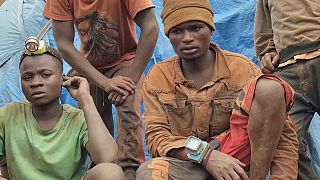
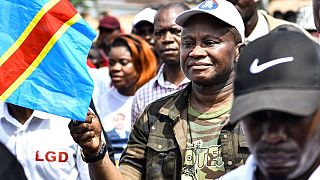
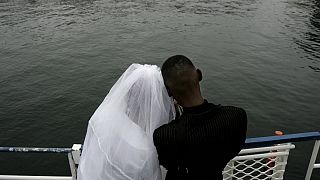
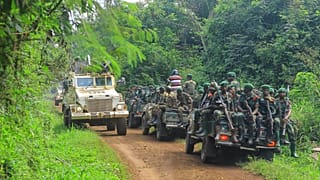
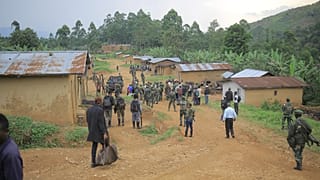
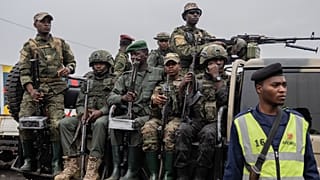
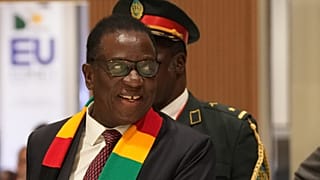
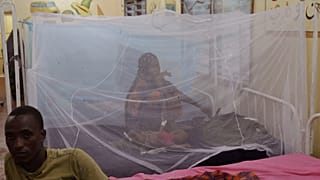
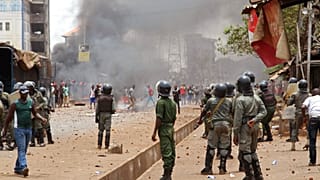
01:06
Electric boda bodas offer cleaner rides and new jobs in Uganda
00:51
South Africa to withdraw troops from UN mission in DR Congo
01:39
Catholic Pope Leo XIV calls for an end to violence in Nigeria
01:06
Uganda and Tanzanian leaders hold bilateral talks
01:13
Turkey to boost its anti-terrorism support to Somalia
Go to video
Families mourn victims of Congo mine collapse as search for survivors continues